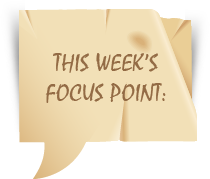
I must be purblind. I have never seen a living unicorn. Yet, apparently, there is a surfeit of them roaming the streets, since everyone and his dog is claiming to be a unicorn.
A coaching client of mine once went ballistic in a meeting when she had published her first book (which I helped her to do), received some good comments, yet prospects weren’t lining up outside her house trying to beat the door down to hire her.
“After all,” she explained, “I am a unicorn.” I told her that was demeaning to her, attempting to point out that she was somehow singular and unique rather than rely on her considerable talent.
Well! She went crazy, read me the riot act (self-anger directed outward so as not to damage her image of herself), and left. That was that, no further communication (And I don’t give refunds.)
One of the most corrupted words in the language recently is “unicorn,” which is a mythical creature. “Mythical” means “not real.”
Yet all kinds of people have decided they are unicorns and, therefore, are unique, better than others, more valuable. Yet if so many people are appropriating the title, then are they really “unique”?
Outstanding performers may be rare—in sports, business, entertainment, whatever—but they are not mythical, and they don't see themselves as mysterious creatures. In fact, highly successful people can tell you why they're successful. It's the unsuccessful people who insist they're somehow “unicorns.”
You know, narwhals also have single tusks sticking out of their head, and are more than a little unattractive. Or, mythically, you could call yourself a Sasquatch, or Yeti, or Loch Ness Monster. Or the Easter Bunny or the Tooth Fairy.
But enough with “unicorn.” They are now a herd and none are differentiated. Proclaiming yourself one is beyond narcissistic, because I can guarantee you that you don’t have the largest horn on the block.